Baldur's Gate 3, Tears of the Kingdom, and Elden Ring all signal the next major gaming trend
Opinion | Of course Baldur's Gate 3 isn't "too good" for other developers – but it is ahead of many of them.
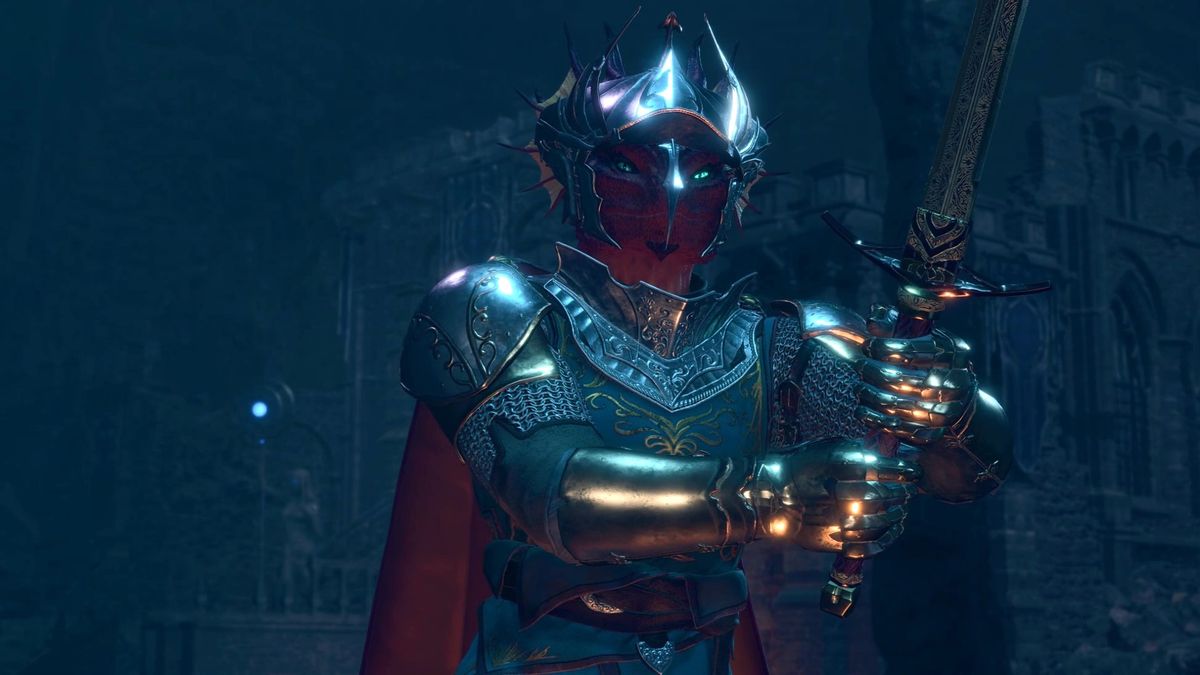
There's a story floating around the internet about Baldur's Gate 3 freaking out developers of other AAA games because it's just too good, like some apex predator that has just laconically padded down to the waterhole and scattered all the local wildlife back into the brush. This is, of course, ridiculous, and gets more ridiculous when you see viral posts about $100 billion lawsuits. Developers, being normal human beings and all, tend to be more happy than aghast when a successful and critically-acclaimed game comes out. Nonetheless, I do think that those who buy into such a narrative have keyed into something very important – they've just misidentified what's really happening.
AAA gaming as a whole is going through a big transitional period, but game development being as slow as it is, some major titles have struggled to keep up with (or anticipate) something that's been happening for the last few years: namely, games are relaxing their control on the player experience. And those that don't are catching flak for it.
Which was the style at the time

This has been bubbling for a while. Zelda Breath of the Wild was probably the first big indicator of what was coming, but it was pretty anomalous at the time, when most major games were focused more on guiding the player through a clearly-intended experience, rather than doing like Nintendo had just done - taking a step back and letting the audience do it themselves. Sure, FromSoftware games had been a thing for ages, but they were still somewhat of a niche, even when they were as acclaimed as Bloodborne.
For most of the 2010s, the focus had been on crafting a more controlled and moderated experience, even with the outpouring of open-world games. Examples of this sort of design include clear objective markers and paths, "cinematic" moments, very regulated difficulty that errs on the side of being easy, puzzles that are self-solving if the player takes too long, quick-time events, a blurring between cutscene and gameplay, designated areas for certain sorts of gameplay, level scaling, or missions that practically demand that the player do a specific thing in a specific way or auto-fail. For illustrative purposes, the new God of War, Grand Theft Auto 5, Uncharted and Call of Duty's campaigns spring to mind. Sure, there were outliers, but even then they were clearly observed as exceptions to the rule.
I should clarify here: none of this is intended as criticism, only as the neutral observation of a now-waning trend. Greater control over gameplay and player experience can arguably be a good thing; it can help with accessibility and works as a safety net against catastrophe. But on the other hand, some players will find this sort of design philosophy restrictive, even strangling – which may be why they're overreacting to the fact that things appear to be turning in their favour.
Power to the player

This isn't the first time in recent memory that we had a story circulating about a game being so good that it upset other developers. I remember it happening last year with Elden Ring, and to a lesser extent with Tears of the Kingdom a few months ago. It's usually nonsense or at least blown out of proportion, the internet doing what it does best and overreacting to something. But what I notice is that these game's aren't necessarily "better" than everything else, they're just revealing a new trend that many seem to be delighted to see come back.
Games of the 2010s told you no when you tried to think outside the box and come up with unconventional approaches. Games of the 2020s seem like they're ready to say yes.
Elden Ring, Tears of the Kingdom and Baldur's Gate 3 are all happy to put power in the player's hands, even allowing them to get things very, very wrong - or rather, taking the attitude that these games can't be played wrong. They liberate the player, providing systems and opportunities to exploit gameplay if they think cleverly, and do everything that they can not to fight against their player's instincts. Games of the 2010s told you no when you tried to think outside the box and come up with unconventional approaches. Games of the 2020s seem like they're ready to say yes. Elden Ring is ruthlessly challenging and does little to direct its players or guide them in a specific direction beyond sly suggestion and implication. Zelda Tears of the Kingdom is almost like Gary's Mod to the extent that it allows Link to make chaotic custom creations, and like Elden Ring before it, there's nothing stopping you from running straight to a Gleeok and clubbing it with a tree branch. Meanwhile, Baldur's Gate 3 bends like a reed to every whim, with branching stories and gameplay events and systems and physics and more besides - hence why D&D legend Matthew Mercer can overcome challenges by just stacking 40 boxes on top of each other.
Sign up to the 12DOVE Newsletter
Weekly digests, tales from the communities you love, and more
I also couldn't help but notice that both Horizon: Forbidden West and God of War Ragnarok recently both took a drubbing for constantly prodding the players to success and providing clues to puzzles before Kratos can barely have a chance to consider them. Good or bad, developers exerting strong control appears to be falling out of fashion, when many players would rather simply have the freedom to play the game – and even fuck up – in the manner of their own choosing. Baldur's Gate 3 is a magnificent triumph of gameplay, yes, but the problem isn't that it's "too good" – it's that it's on the cutting edge of a trend that is starting to leave the more cinematic model behind.
See our final Baldur's Gate 3 review here, or check out the 25 best RPGs you can play right now!

Joel Franey is a writer, journalist, podcaster and raconteur with a Masters from Sussex University, none of which has actually equipped him for anything in real life. As a result he chooses to spend most of his time playing video games, reading old books and ingesting chemically-risky levels of caffeine. He is a firm believer that the vast majority of games would be improved by adding a grappling hook, and if they already have one, they should probably add another just to be safe. You can find old work of his at USgamer, Gfinity, Eurogamer and more besides.
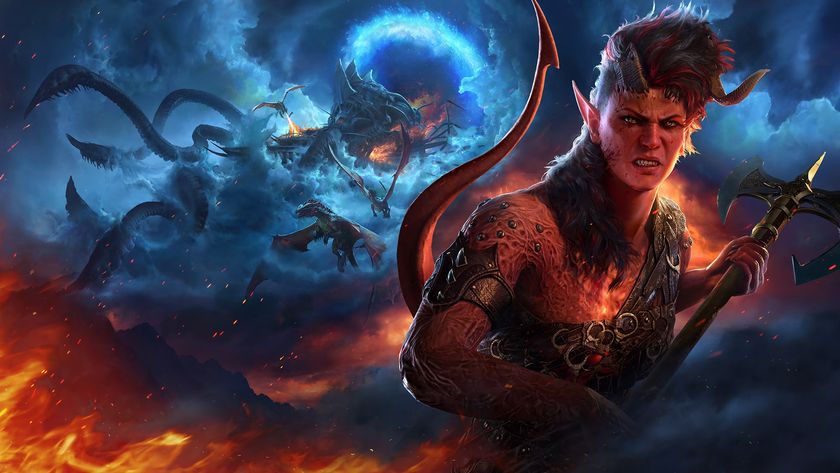
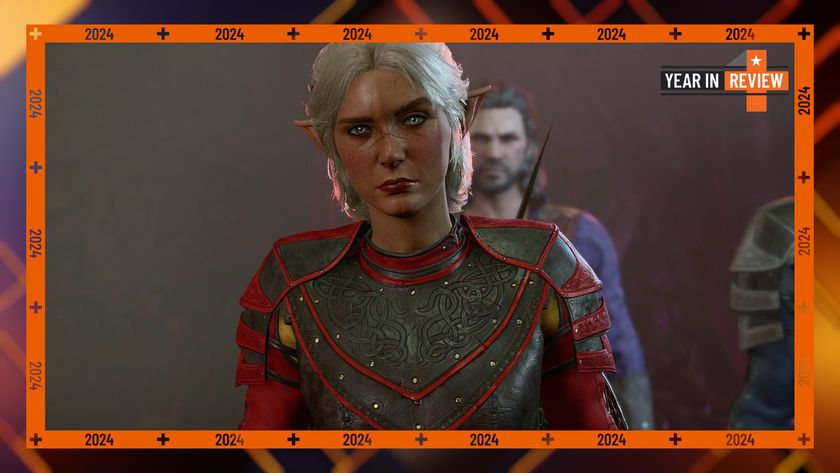
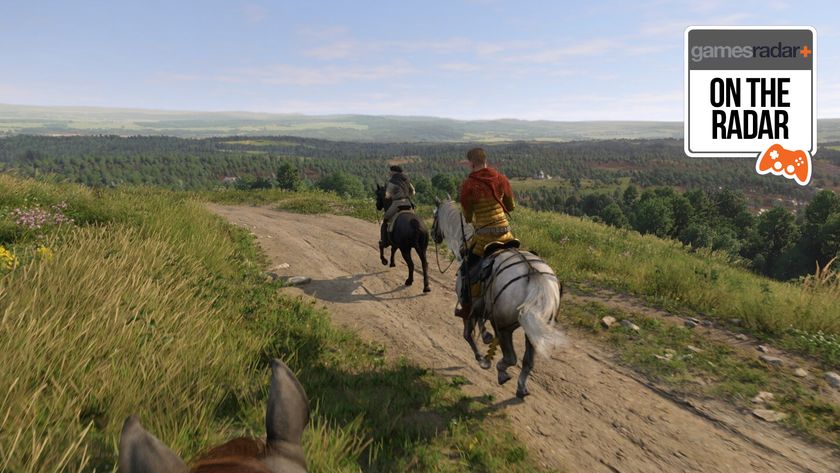
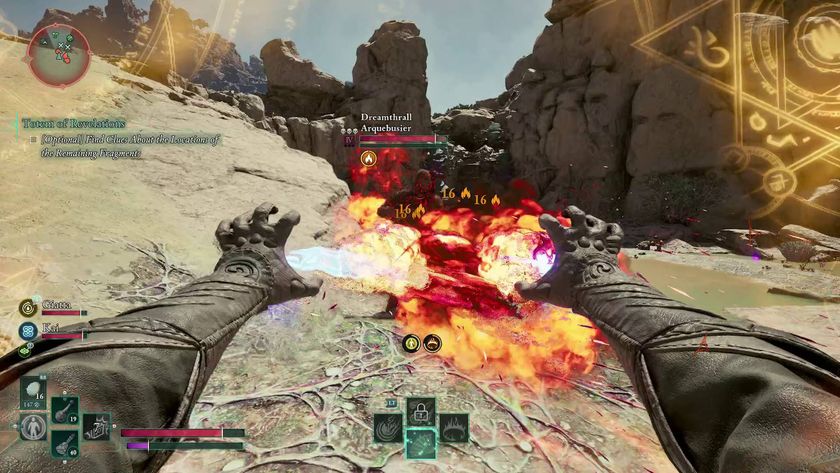
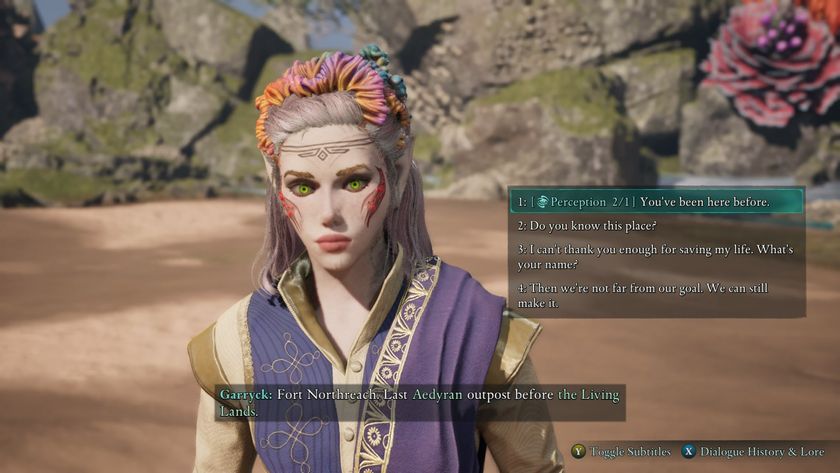
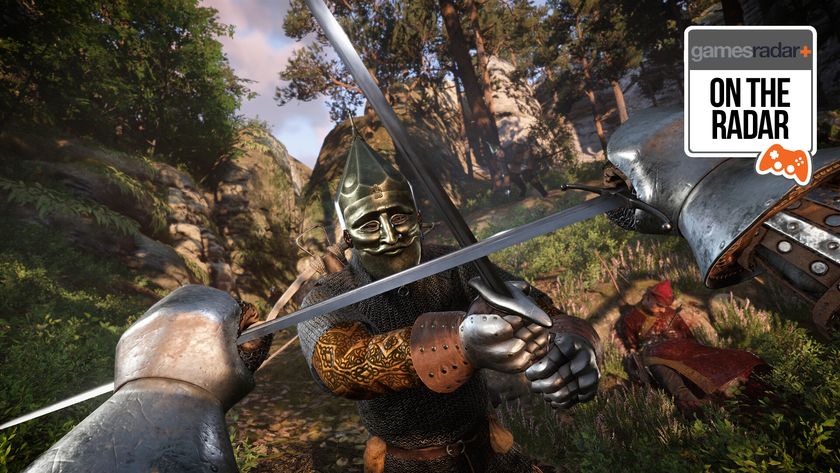


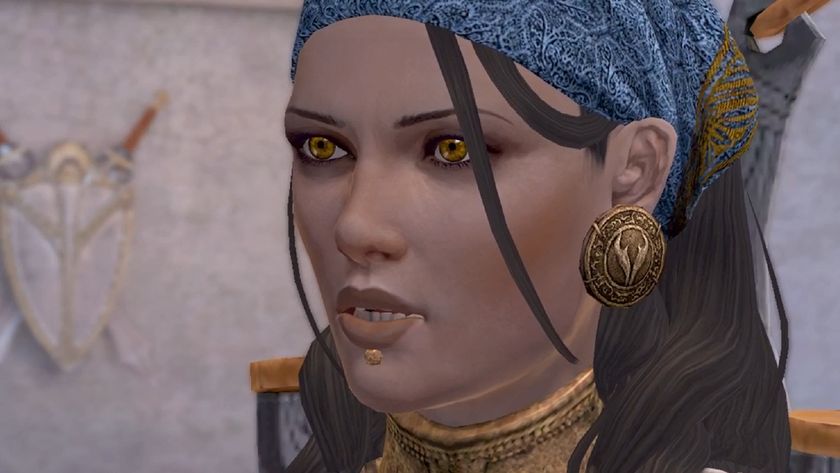


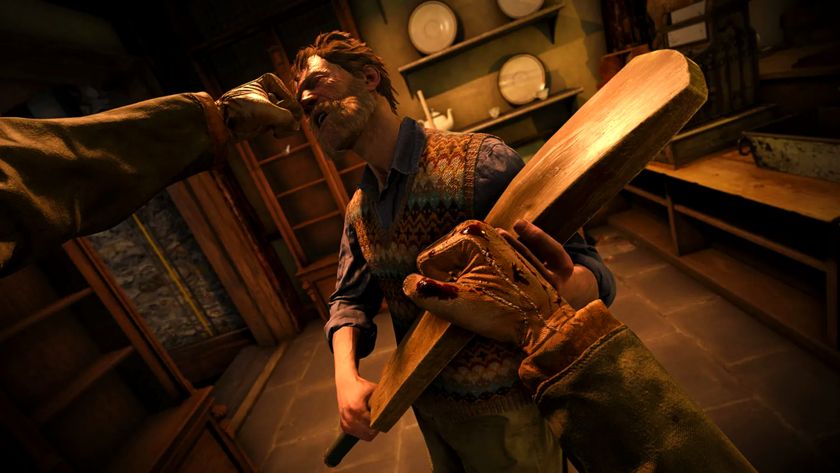

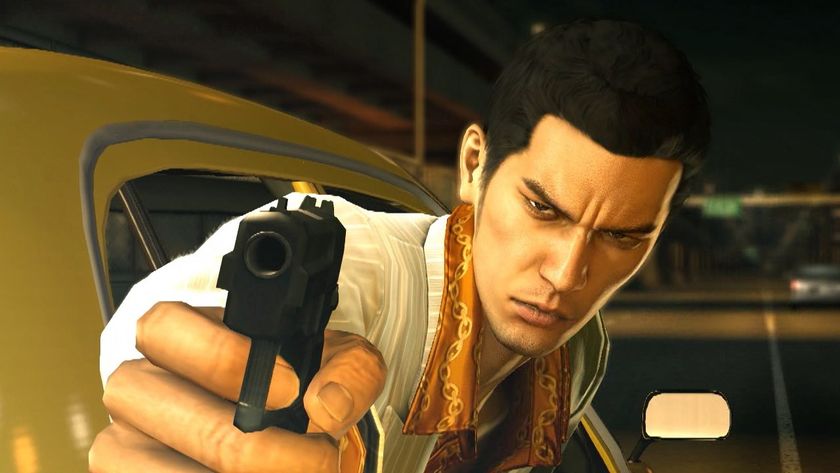





Undertale creator Toby Fox's tomfoolery leaves Deltarune testers thinking an intentional nerf was actually a bug after they "independently" discovered it

Veteran Dragon Age dev says one big delay is better than several small ones: "You are laying band-aid on top of band-aid on top of band-aid"



